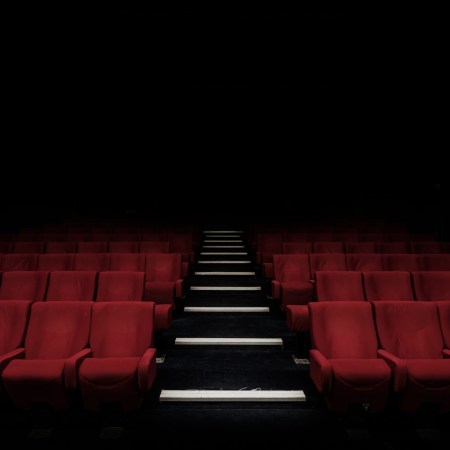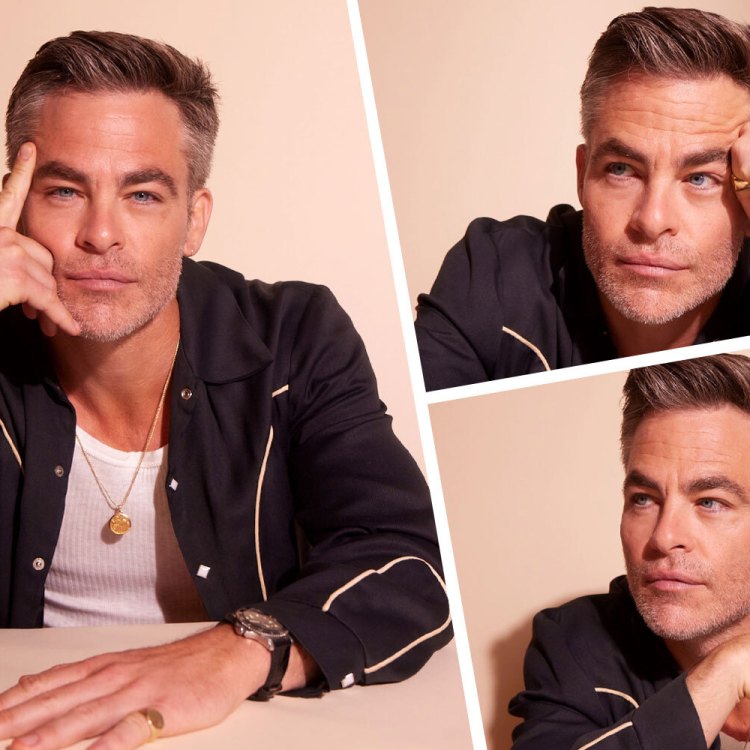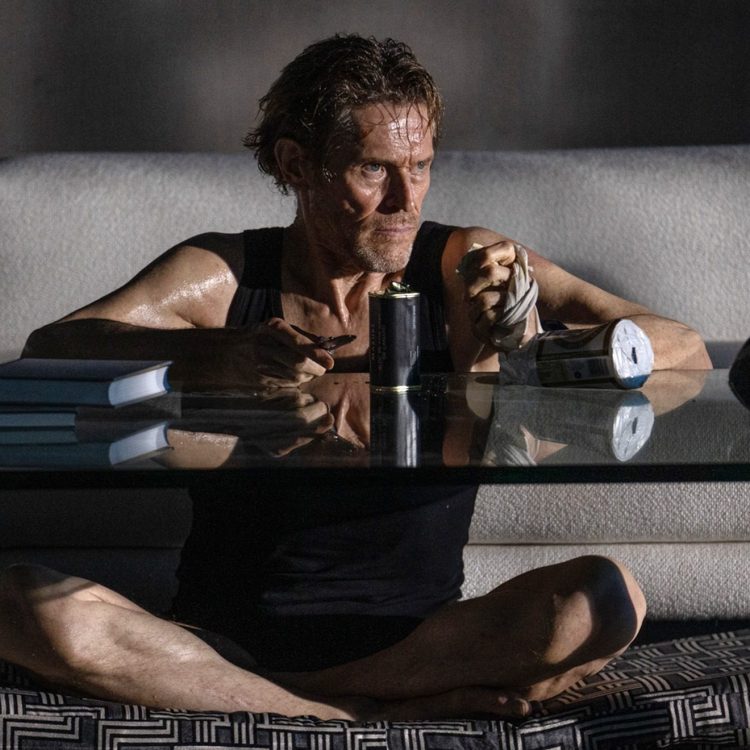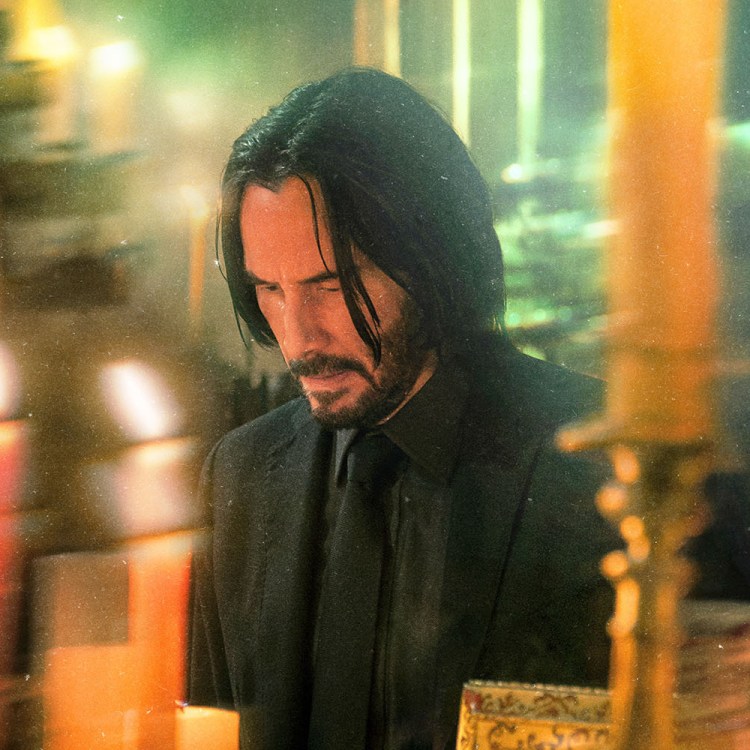Hosts were out. Categories were going to be dumped. The last award would be given by the three-hour mark, guaranteed. No, organizers promised, this was not going to be your father’s Oscars.
Instead, it was more like your mother’s.
Everybody dressed up and played nice. Everyone remembered to thank God, their parents or their agent. And, yes, the whole thing finished up by bedtime.
I guess it’s easy when you cut most of the fun.
Oh, the 91st Academy Awards did have one or two surprises – the biggest being Glenn Close losing the best-actress prize to Olivia Colman, from The Favourite. (It does help when the studio clears the path by busting your two equal co-stars, Emma Stone and Rachel Weisz, down to the best-supporting-actress category).
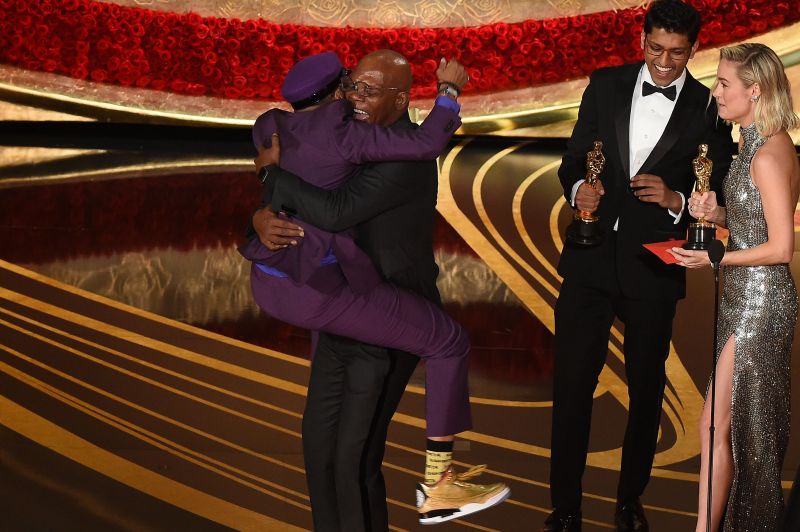
And it was a thrill to see Spike Lee, resplendent in Prince purple, finally pick up a competitive award — even if it were only a shared, adapted-screenplay one for BlacKkKlansman (which he greeted with a number of lengthy, astounded exclamations that ABC’s censors rushed to silence).
But instead of challenging old assumptions, Sunday night’s show only confirmed them.
Some things we can be surer of now?
One, sentiment is definitely out. Fond memories may get a veteran a nomination – as it did for Close and, in the supporting-actor category, Sam Elliott and Richard E. Grant. But it’s no longer enough to get you a win. (Mahershala Ali still took that particular secondary acting prize, for Green Book).
Two, great songwriters are an endangered species. It was fun to watch Lady Gaga and Bradley Cooper perform the winning “Shallow” – mostly for the unexpected and unabashedly carnal look she gave him toward the end. (Gossips, start your engines.) But the other four numbers were duds, no matter how Jennifer Hudson wailed or Bette Midler reigned.
And three – the show is about honoring history, not making it.
Voters could have given the first best-picture prize to a superhero movie, with Black Panther, or to a streaming one, with Roma. Instead they gave it to Green Book, a safely liberal (but not too liberal) film from a major studio — and the only best-picture contender with a genuinely clearcut, happy, hooray-for-us ending.
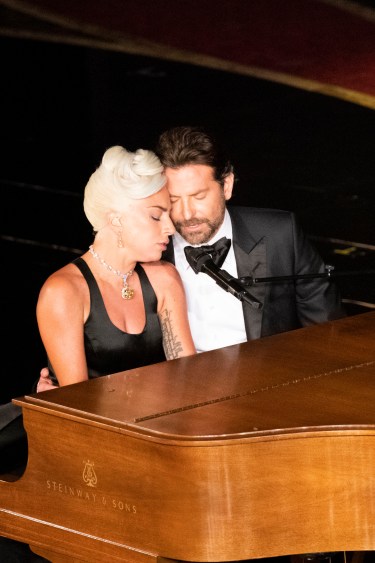
Because, as usual, safety and uplift are what the Oscars are all about – as they provide a determinedly upbeat, evening-long commercial for the American movie industry, and make a last desperate grab for a dwindling TV audience.
The attempts at courting viewers were obvious, and sometimes awkward. Half-an-hour shorter than last year, the show didn’t feel slimmed down so much as starved. People were rushed offstage, even to the point of having their mics cut. (Told to “wrap it up,” Colman replied with a defiant Bronx cheer.) The usual sideshows — extra musical numbers, leisurely edited “salutes” — were missing in action.
And as there was no host — with Kevin Hart bowing out after old gay-bashing tweets were unearthed — there was no opening monologue, either. Instead, a raging Queen kicked things off with the overly optimistic “We Will Rock You” and appropriately self-congratulatory “We Are the Champions.” Of course the pampered stars in the audience sang along in happy agreement.
Yet afterwards, the show merely moved to three hours of pandering, chasing after at-risk demographics. In an attempt to demonstrate diversity, inspiring immigrants and presenters of color dominated – even if, as with Serena Williams and celebrity chef José Andrés, their cinematic connections were sometimes difficult to discern. And good luck finding anyone onstage with an AARP card.
But if those changes did persuade a younger, more diverse crowd to tune in — and early numbers suggest slightly improved ratings — what did they see?
Nothing they hadn’t seen — or deliberately hadn’t watched — before.
The politics were definitely toned down. Rami Malek, a best-actor winner for Bohemian Rhapsody, noted that his prize came for playing Freddie Mercury, “a gay man, an immigrant, who lived his life unapologetically.” And Lee told 2020 voters to “do the right thing,” before adding with a grin, “you knew I had to get that in there.” (He also nearly stormed out when Green Book won best picture.)
But that was as confrontational as it got.
And the humor and music were decidedly un-hip.
Although an opening trio of Tina Fey, Amy Poehler and Maya Rudolph promised good things to come, soon we were back to forced banter and cue-card quips. (Is there anything more stuck-in-the-past square than Mike Myers and Dana Carvey attempting a Wayne’s World reprise?) And the nominated songs were mostly middle-of-the-road mush that even Lady Gaga’s brief burst of passion couldn’t spark to life.
Yes, the show mostly ran on time (if the producers had been allowed their initial, outrageous idea of presenting four categories off-camera, it even would have made their promised three-hour time limit.) Nobody screwed up terribly. No one said anything really outrageous. Nobody did anything too embarrassing. Nothing happened that hadn’t been carefully planned.
So remind me again why we’re supposed to be watching?
This article was featured in the InsideHook newsletter. Sign up now.


